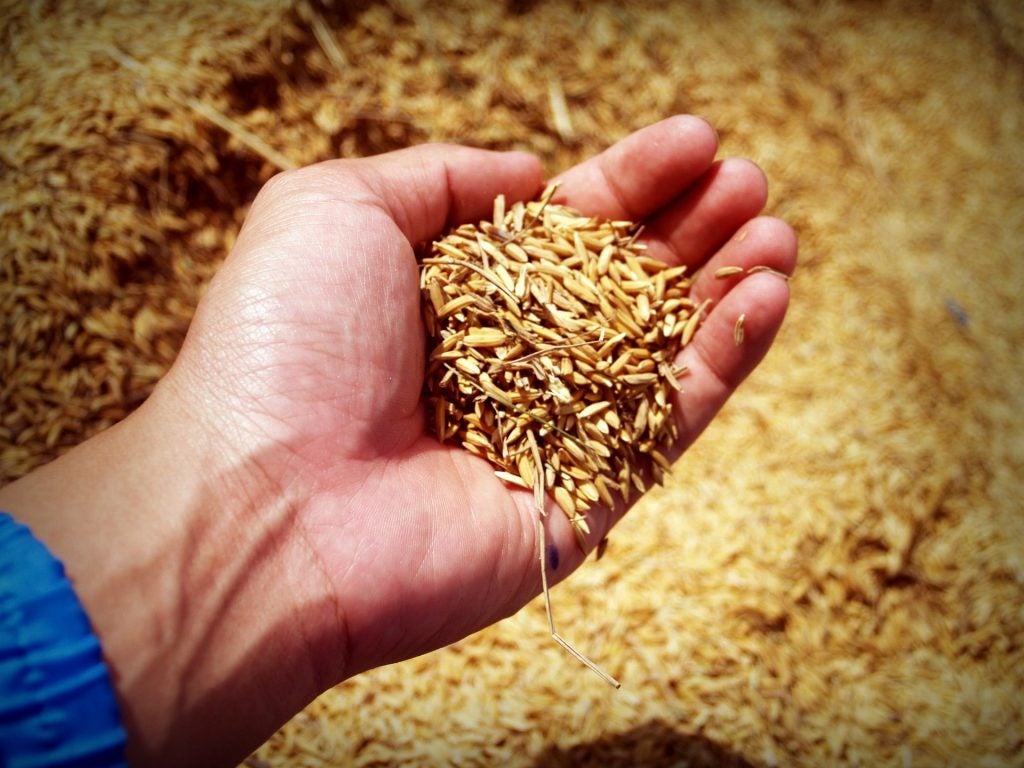The president of the Philippines has approved plans to impose mandated price ceilings on domestic rice to tackle food security and inflation.
President Ferdinand Marcos Jr. approved the recommendation from the Department of Agriculture (DA) and the Department of Trade of Industry (DTI), according to Executive Order 39 (EO 39).
Under EO 39, the mandated price ceiling for regular milled rice is 41 pesos ($0.72) per kilogram, while it stands at 45 pesos per kilogram for well-milled rice, according to a government statement.
“The mandated price ceilings shall remain in full force and effect unless lifted by the president upon the recommendation of the Price Coordinating Council or the DA and the DTI,” stated the executive order, which will take effect immediately upon publication in “a newspaper of general circulation”.
During a sectoral meeting, the DA predicted that rice supply for the next semester would reach 10.15 million metric tonnes.
Based on the projection, EO 39 stated the DA and the DTI “have reported that the country’s rice supplies have reached a stable level and are sufficient owing to the arrival of rice imports and expected surplus on local production”.
The EO, however, also stated that “despite steady supply of rice, the DA and DTI have also reported the widespread practice of alleged illegal price manipulation, such as hoarding by opportunistic traders and collusion among industry cartels in light of the lean season, as well as global events taking place beyond the Philippines’ control, such as the Russia-Ukraine conflict, India’s ban on rice exportation and the unpredictability of oil prices in the world market, among other factors, have caused an alarming increase in the retail prices of this basic commodity”.
President Marcos has directed the Philippine Competition Commission, in coordination with the DA and the DTI, to “implement measures against cartels or those abusing their dominant position in the market to ensure fair market competition and uphold consumer welfare and protection”.
The National Economic and Development Authority (NEDA) also reported the rice inflation rate increased from 1.0% in January 2022 to 4.2% in July 2023.
India’s recent move to ban non-basmati rice exports resulted from similar local price rises – increasing by 11.5% in the last 12 months and 3% alone in July.
The country more recently moved to tax its onion exports after Indian retail inflation reached a 15-month-high in July. Food prices, which make up about half of the inflation basket, rose 11.51%.









